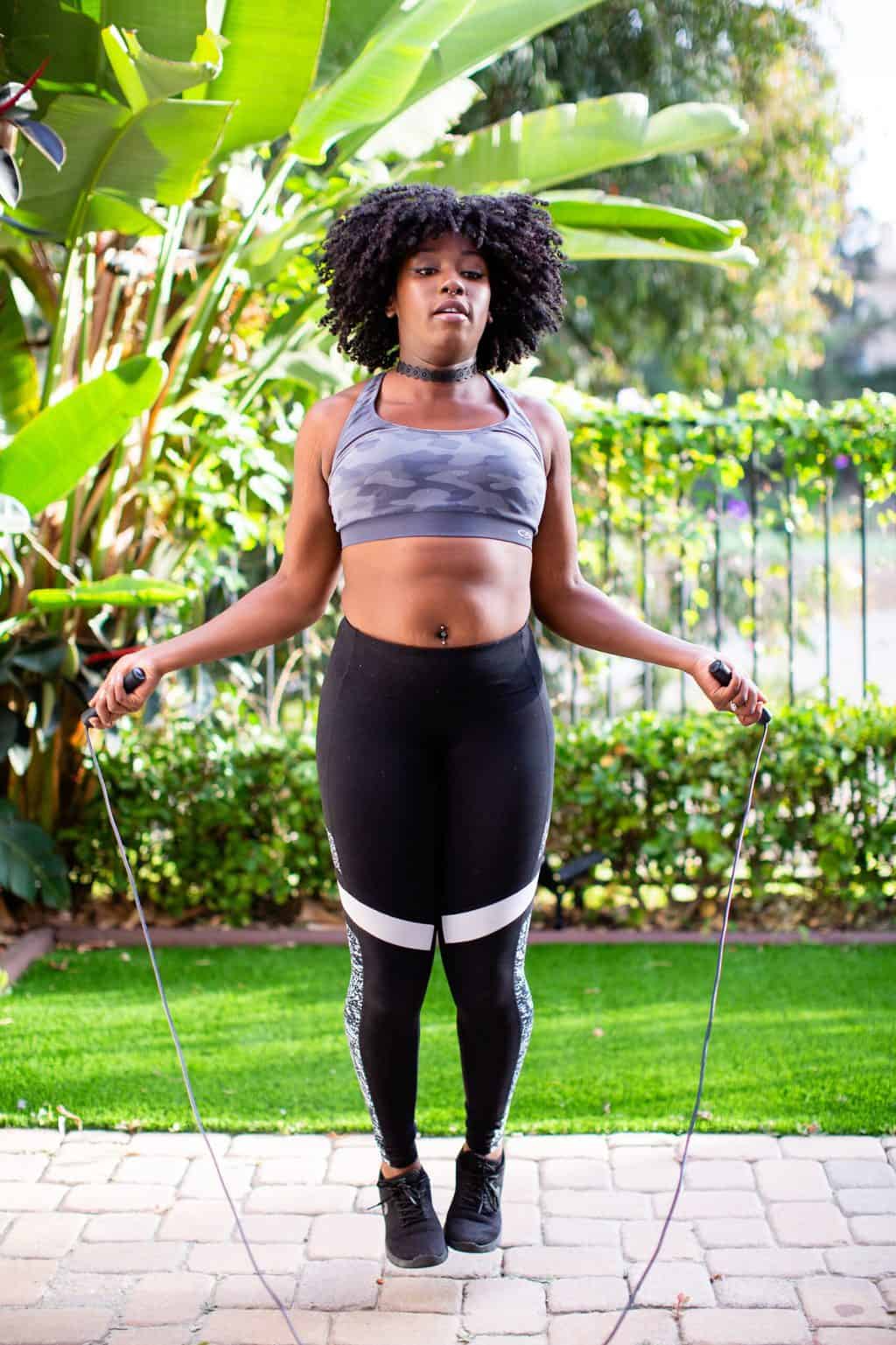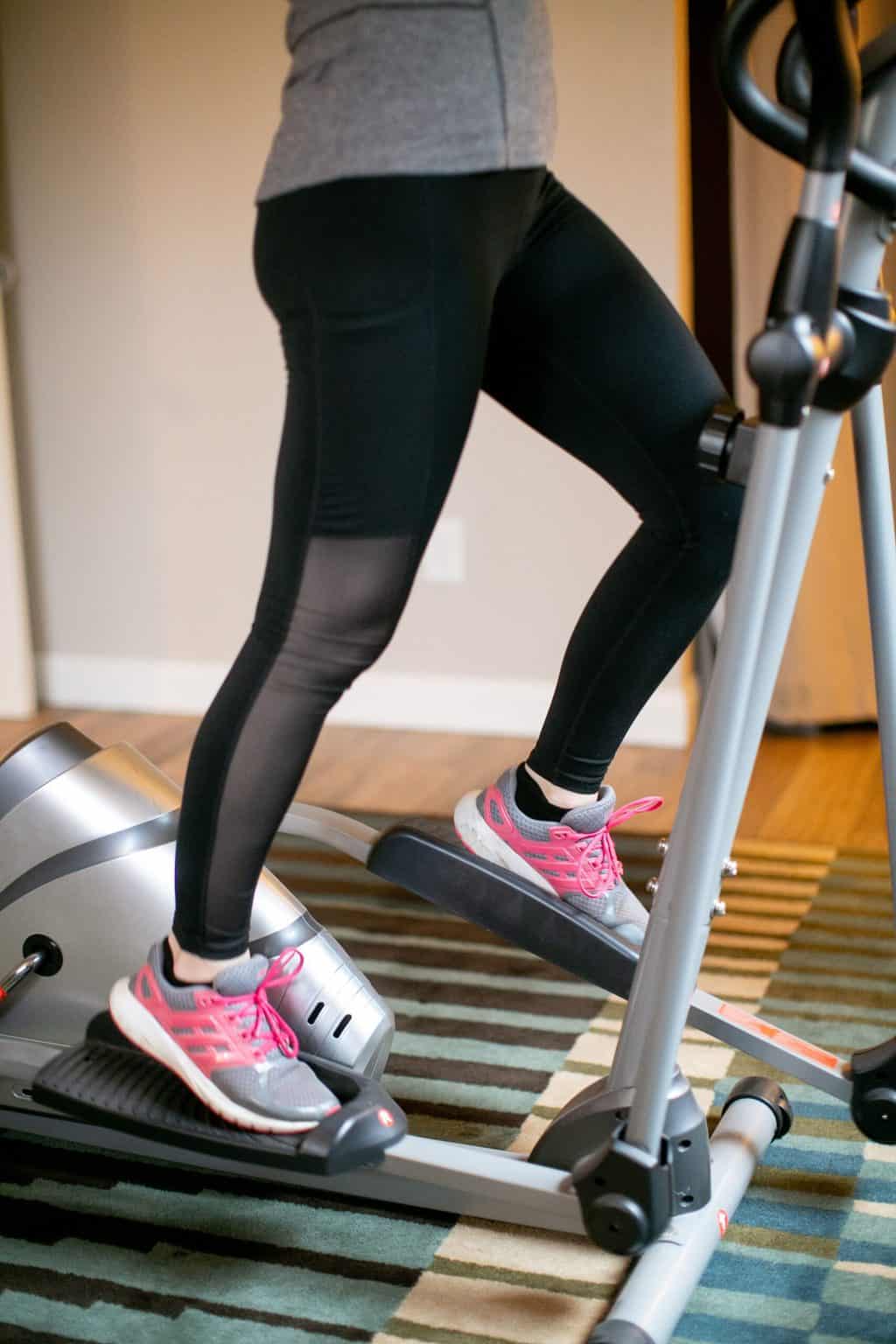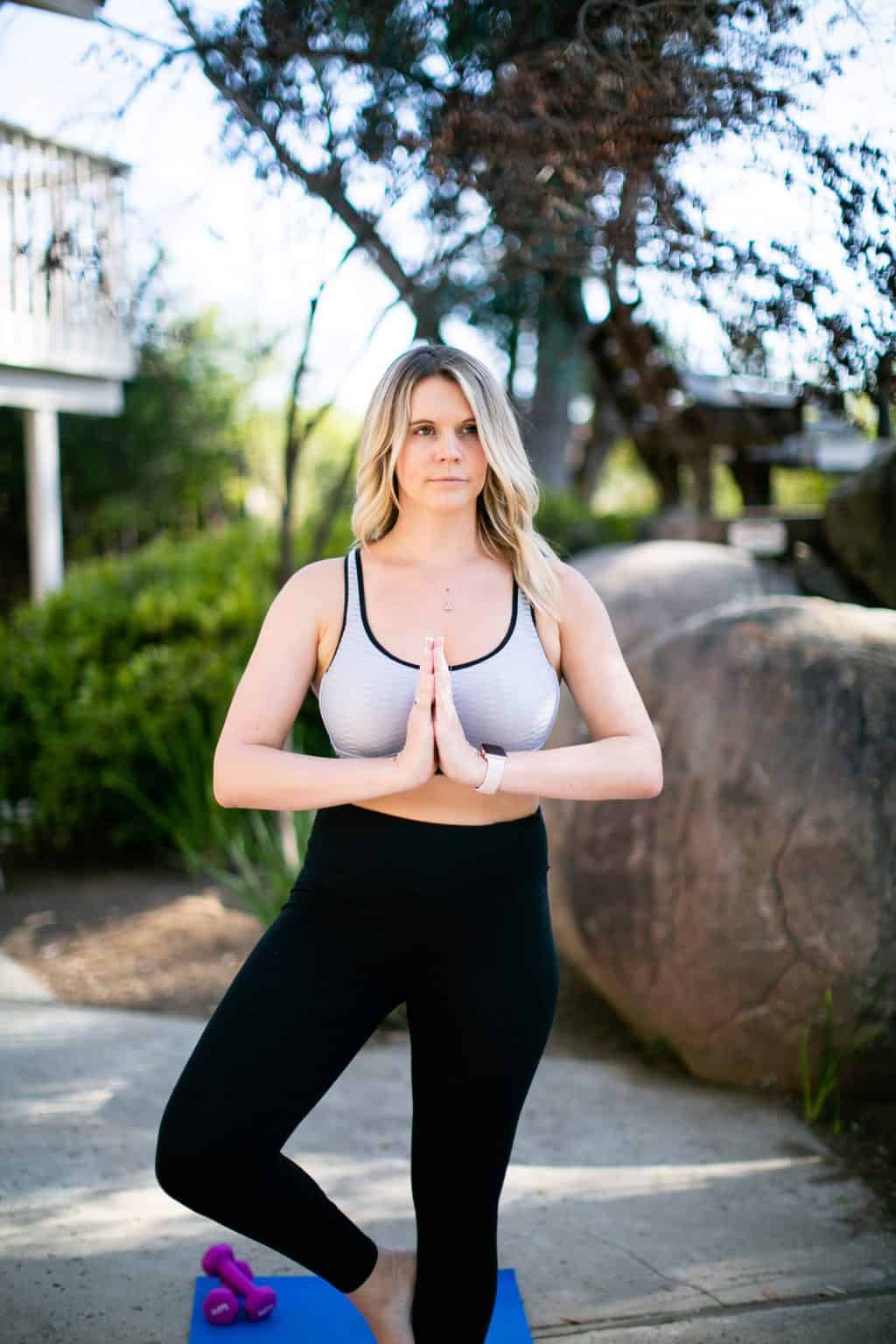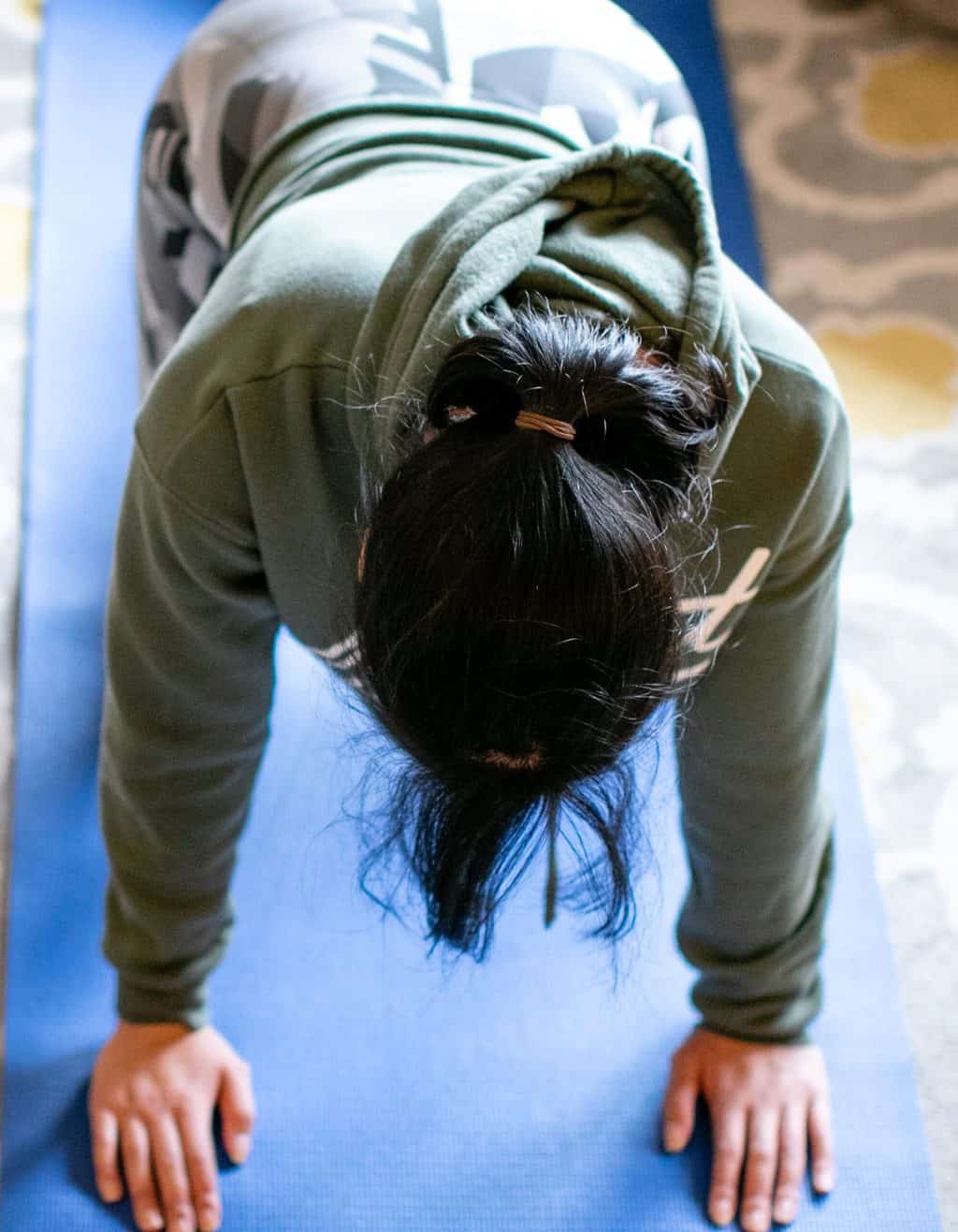A habit is an action you perform regularly, almost as if you are on autopilot. You’ve probably heard that, eventually, working out will just become a habit and you won’t even have to think about it anymore.
However, when you’re just starting out it may feel like this elusive day will never come, we tend to ask ourselves “How long does it take to form a habit?”
It will come, but only if you keep at it and don’t give up when it is feeling hard. For your entire fitness journey, it’s a good idea to look into adjustable dumbbells so your equipment can progress with you.
How Long Does it Take to Form an Exercise Habit?
There is an age-old adage that says it takes 21 days to form a habit. And while there is some research behind this, it was not specifically done for exercise habits. In general, it will take longer than the perceived 21 days.
In our experience, you should plan on 2-3 months before exercising is more habitual than not.
Exercise becoming a habit does not mean that it will suddenly become easy and you will breeze through every workout. In fact, exercise should never feel easy because if it is easy then you’re probably not challenging yourself and you won’t be making any progress.
When exercise becomes a habit, it will feel more like your day isn’t complete without your daily workout. You won’t have to drag yourself to go to the fitness center, or to find motivation to exercise in your home gym. Instead you will look at it as a normal part of your day.
You may even be excited to put on your workout clothes and work off some of your daily stress. Working out may not be easy, but you will begin to like the feeling you get when you commit to making yourself better.

The Psychology Behind Habits
Forming a habit starts in your brain. There are certain, specific ways to help your body learn that something is a habit. When it comes to working out, mapping your brain to think of exercise as a habit will have a lot of benefits for you.
3 Steps to Form a Habit
According to psychologist Charles Duhigg, there are three steps to forming a habit. The first is, there is something that triggers your brain to go on autopilot. This trigger can be internal or external.
- Using exercise as an example, the cue could be the emotional cue that you are feeling unhealthy. You are then motivated to exercise. Or, it could be a physical cue such as the sound of your alarm at the same time every day.
- The second step is the behavior that occurs after the trigger, which is the actual habit itself. Finally, the third step is the “reward” or the positive feedback your brain gets when the habit is performed.
- The last step of this process is arguably the most important. When your brain is rewarded, it is more highly motivated to remember the habit.
When a behavior is first becoming a habit, the parts of your brain involved with decision making are active in creating the habit.
But, once the habit starts to become automatic, those decision-making parts are more or less turned off. The part of your brain associated with patterns takes over.

So, the more ingrained a habit is, the less your brain is actually working. That is why you can sometimes be completely unaware you are even performing a habitual behavior.
A habit can form with pretty much any behavior. While the word habit is typically associated with a negative behavior, a positive behavior can be formed through habit just as easily.
Habitual Exercise
Working out is a complex behavior. So before you start wondering “how long to form a habit?” just know that it will take longer for it to actually form a habit than some simple actions. One of the best things you can do to make exercise habit forming is a lot of repetition at the beginning of the habit. This means setting a workout schedule and going every time you are scheduled.

You can’t take days off at the beginning or it will take even longer to form a habit. Once the habit is established the occasional day off won’t hurt, but missing too many days at the beginning will seriously hinder your progress.
If it helps, try to go for workouts that you can do at home, such as any cardio, HIIT, kettlebell exercise, or strength exercise without the use of a bench. This way, you won’t rely on going to the gym to get sweating.
Amount of Time to Create a Habit
How many days does it take to form a habit, you might ask? Well, the answer is that there is no exact amount of time it will take for your workout routine to become a habit. On average, you can expect to go to the gym between 60-80 times before it becomes automatic.
The biggest factor in forming your habit is how good you are at sticking to it. One thing that might help you to form this habit is looking at what you expect to gain from exercising regularly.
If you’re looking to see only weight loss and muscle gains it will be harder to form the habit. This is because not seeing results right away can be demotivating.
If you don’t have the motivation, you will let yourself have excuses for not working out. Focusing on all the other benefits of exercise will help make forming your new habit so much easier.
Just think about how you will be sleeping better, have more energy, feel less stressed, and feel better about yourself.
If you focus on the smaller positive things that are happening instead of fixating on the big goals that take more time, you will find it easier to keep going and not quit before you meet your goal.
Breaking Unhealthy Habits
To actually start to see the effects of exercise, you may first have to work on breaking your unhealthy habits.
You may have the habit of immediately coming home and sitting down to watch TV. While this may help you relax, think about how much better your exercise routine would be if you turned that into the habit of changing into your gym clothes right when you get home.
You may also need to take a look at your food habits. For regular exercise to be effective you need to first work on habitually eating better.
It may take some time to create the habit of asking for water instead of soda with dinner, or saying no to dessert, but these types of habitual changes will contribute to the success of your new exercise habit.
Tips for Creating an Exercise Habit
While its part art and part science to creating a routine exercise habit, here are some other tips we’ve picked up along the way that will help:
- Be realistic at first. Or, perhaps you could interpret this as “start small.” It is totally normal to come flying out of the gates when you’re ready to get back in the swing of things, but the bigger you go at first, the higher the opportunity to burn out and not keep it up. Instead, start small and be realistic about the ramp up period. For example, you might want to work a beginner’s exercise 3X/week, but it might be best to start by committing to 1-2X/week at first.
- Set out your clothing the night before. Heck, go one step further and pack your bag. The more steps you take ahead of time, the more likely you are to follow through. Make it easy on yourself and remove the excuse the next day of getting too busy. If you set your compression shorts out, pack your bag, then you’re one step closer to being able to go.
- Commit to a set time. Don’t leave it up in the air, telling yourself “I’ll work out tomorrow at some point.” That is a recipe for skipping out on your exercising, because something will always come up. Instead, set a time. Maybe its in the morning before work or school. Perhaps you can arrange your schedule to do it during lunch, or after work on your way home. Maybe its best at night after the kids are in bed. No matter what, set a time and stick to it.
- Don’t focus on results. This can take time. And, with the way results tend to come in, they might not be in direct proportion to the work you’re doing, at least not at first. Saying “I’m going to work out to drop 15 pounds in the next 2 months” sets a precedent that is dangerous because, if you don’t hit the goal, you run the risk of stopping. And that is the opposite of forming a habit. Rather, make your goals centered around consistency, such as working out 3X/week for at least 30 minutes. The results will follow, and you’ll develop a successful exercise pattern in the process.

Conclusion
Forming an exercise habit shouldn’t be all about seeing dramatic weight loss results. You should try to form this habit for your overall health and wellness.
Being obsessed with numbers on the scale can seriously derail your progress and ruin your motivation to go to the gym. If you’re skipping a lot of gym days, especially in the beginning, it will take you longer to form a habit.
One of the most important factors for habit forming is sticking with it in the beginning. It will only get easier as you keep going. It may seem like it will never be automatic to do your workout, but remember, it just takes time.
If you are patient with yourself and forgive yourself when you slip up, then you will be able to form your new healthy habit before you know it.
